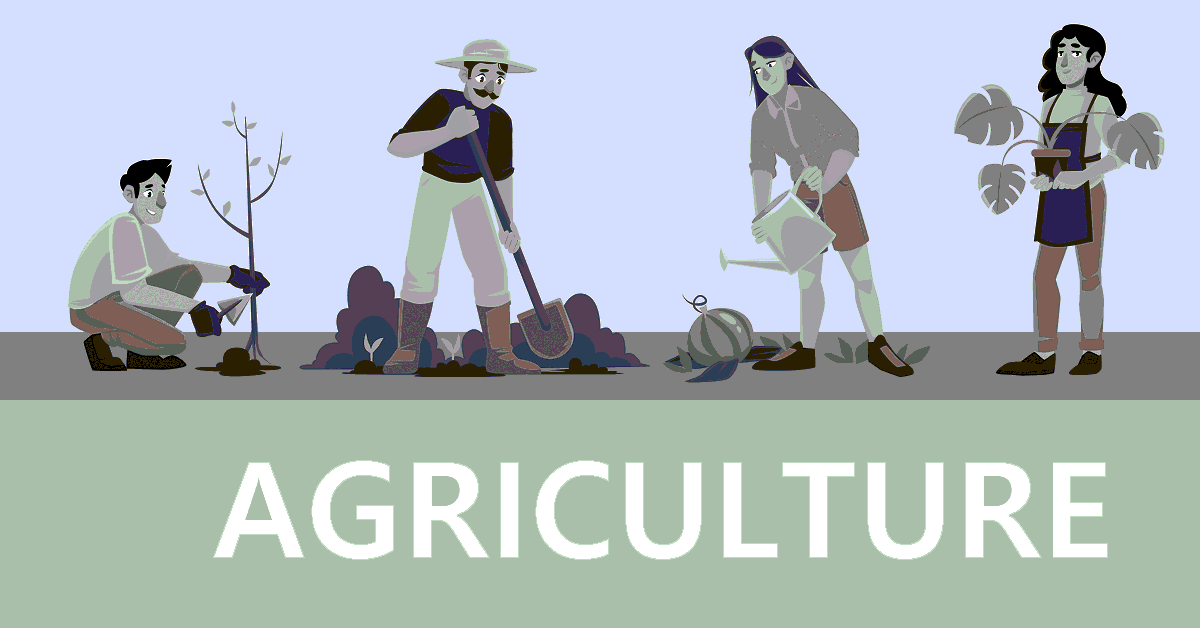
Agricultural biotechnology is a rapidly growing field that involves the use of genetic engineering techniques to improve crops. The purpose of this technology is to enhance the growth, quality, and resistance of crops to pests and diseases, ultimately leading to increased crop yields and profitability for farmers. With the world's population expected to reach 9.7 billion by 2050, the demand for food is only going to increase, making agricultural biotechnology an important area of research.
Overview of Agricultural Biotechnology
Agricultural biotechnology is the application of biotechnology techniques and genetic engineering to improve crops and enhance food production. This field involves the manipulation of plant genetics in order to create crops with desirable traits such as increased yield, improved resistance to pests and diseases, and enhanced nutritional value.
The development of agricultural biotechnology has been driven by the need for more efficient and sustainable food production methods in the face of a growing global population and increasing pressure on land and other resources. This technology has the potential to help farmers grow more food on less land, using fewer inputs such as pesticides and water, and to produce crops with improved nutritional value.
Agricultural biotechnology is a rapidly growing field that has garnered both support and criticism. While it holds great promise for improving food production and reducing the impact of agriculture on the environment, it also raises a number of ethical, economic, and environmental concerns.
It is important to carefully consider the potential benefits and drawbacks of this technology before making decisions about its use. By understanding the science behind agricultural biotechnology, we can make informed choices about the future of food production and the role that this technology will play in meeting the food needs of a growing global population.
Advantages of Agricultural Biotechnology
Increased Crop Yields:
One of the primary benefits of agricultural biotechnology is the potential to increase crop yields. Biotechnology has the potential to increase crop yields by up to 30% compared to traditional crop farming methods. This can be achieved by improving the growth and resistance of crops to pests and diseases, leading to a more productive and profitable farming operation.
Reduced Use of Pesticides:
Agricultural biotechnology can also reduce the need for harmful pesticides. For example, Bt cotton is a genetically modified cotton variety that has been designed to resist certain pests, leading to increased yields and reduced use of pesticides. Additionally, Roundup Ready soybeans are a genetically modified soybean variety that is resistant to the herbicide Roundup, allowing farmers to use the herbicide without damaging their crops.
Improved Quality:
Another advantage of agricultural biotechnology is the potential to improve the quality of crops. This can include improving the taste, nutrition, and shelf-life of crops, making them more desirable to consumers and increasing their market value.
Drawbacks of Agricultural Biotechnology
Environmental Concerns:
One of the main drawbacks of agricultural biotechnology is the potential for negative environmental impacts. For example, the widespread use of genetically modified crops could lead to the spread of pests and diseases, reducing the effectiveness of these crops over time. Additionally, the overuse of herbicides could lead to the development of herbicide-resistant weeds, which could be difficult to control.
Economic Concerns:
Another drawback of agricultural biotechnology is the potential for negative economic impacts. The development and use of genetically modified crops can be expensive, making it difficult for small farmers to compete with larger corporations. Additionally, the use of genetically modified crops can reduce the diversity of crops grown, making farmers more vulnerable to changes in market demand.
Health Concerns:
There are also concerns about the potential health impacts of consuming genetically modified crops. While there is currently no evidence to suggest that genetically modified crops are harmful to human health, some people remain skeptical and concerned about the long-term effects of consuming these crops.
Conclusion
Agricultural biotechnology holds great promise for improving crops, but it is important to consider the potential risks and benefits before making decisions about its use. By understanding the advantages and disadvantages of this technology, farmers, agricultural scientists, policymakers, and the general public can make informed decisions about the future of food and agriculture.
Agricultural Science




